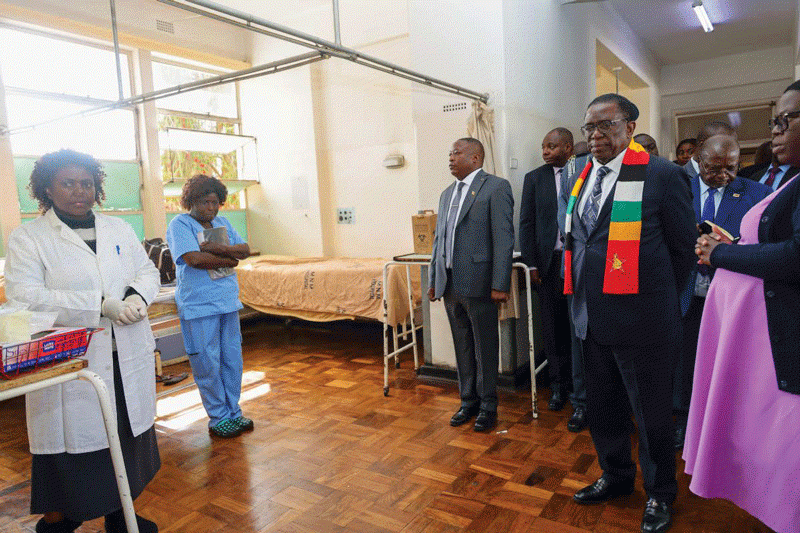
The local jazz band scene which experienced a boom in the early 1950’s, seems to be chocking under the rise of other music genres, such as urban grooves, kwaito, house and sungura.
There was an era when seasoned jazz artistes from South Africa, the likes of Mahotela Queens and Dorothy Masuka used to frequent the city to do collaborations with local groups, wowing fans with their worldly, urban polished music.
Today that seems like an era from a distant past. But in Harare, jazz music seems to be growing, boasting of many established groups owing to a conducive environment and financial support. This is something which is unheard of in Bulawayo.
Some of the groups doing well in Harare originated from Bulawayo but like insects in the dark, they got attracted to the light, in this case, Harare, where music seems to be paying much better.
Some of the artistes include Dudu Manhenga and her band, Color Blu, the late Dumisani Ngulube and Amagents and Edith Katiji.
Most of the session players who are playing instruments for these jazz groups are from Bulawayo but crossed the floor to where the bread is buttered on both sides.
- Chamisa under fire over US$120K donation
- Mavhunga puts DeMbare into Chibuku quarterfinals
- Pension funds bet on Cabora Bassa oilfields
- Councils defy govt fire tender directive
Keep Reading
Jazz groups that have remained in Bulawayo
Some of the groups that have remained behind include the Cool Crooners, Submarine Band, Maunga Jazz Band and Say Band. A lot of these groups are now performing at night clubs and no longer command a huge fan base.
Slump attributed to poor promotion of the genre
A jazz musician, who spoke to Standard Life &Style on condition that he was not named, concurred that Jazz music was in dire straits in Bulawayo.“Bulawayo has a very small jazz market and there is no one promoting music genre.
“Some of the groups that are still playing jazz music have diversified and are now performing popular cover songs so as to remain relevant.“The other issue is that there is serious competition in terms of audience.
“Most people appreciate music such as kwaito, house, hip-hop, mbaqanga and maskandi.
“To really find people who are jazz devotees still flocking and filling up venues is a thing of the past,” he said.
On the flipside, in Harare young jazz fans are coming up and bringing new impetus to a very old genre.
Bulawayo Musicians Association chairman, Khulekani Bethule, attributed the slump to vigorous marketing by producers of other music genres.“Jazz, like any other type of music, is faced with serious competition for the audience,” he said.
“The difference is that other artists are vigorous in their marketing strategies and are thereby picking up a large chunk of the audience.”
Jazz groups in Bulawayo do not promote themselves on a commercial level but opt to play for small audiences in clubs or private functions.“The other issue is that jazz groups in Harare are very business-minded.
“That is why there is a proliferation of such groups in that part of the country.
“You will never hear of a Jazz festival in Bulawayo but in Harare there is an annual calendar of jazz festivals which are even graced by renowned regional or international artistes,” Bethule said.
The other problem he cited was that jazz groups here in Bulawayo do not record and sell their music but choose to do other people’s songs.There is a need for the revitalisation of this genre of music in Bulawayo, a city rich with jazz history.
Young jazz musicians should be groomed to take over and make sure this music does not die a natural death.











